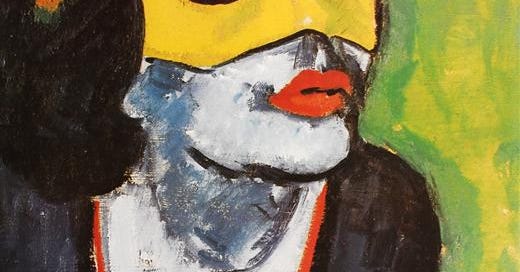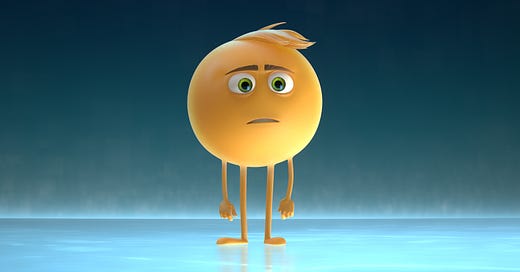Trans activists, ‘affirmative’ medical providers, and parents tend to see kids who identify as transgender as exceptional. To these children, none of the normal rules and nothing we know about child development seems to apply.
But children who identify as transgender are just that: children. They hurt, like other children. They’re trying to figure out themselves and the strange world they live in, like other children.
They’ll change over time, like other children, in unpredictable ways, like other children.
And they will grow up, like all children. They will surprise themselves and us.
Children who identify as trans only have one body and one life, like all children. They are—as Ian McEwan put it—“easily torn and not easily mended.”
Children who identify as trans don’t have endocrine conditions or birth defects. They’re not the vanguard of some transhuman future. Rather, they’re made of the same stuff that children have always been made of, with the same needs for care and attention.
What’s changed are the ideas and expectations that we’ve raised children on and the way we’ve turned them loose in an online world whose terrain no one has mapped. Many of these children have grown up with extended experiences of online disembodiment. They may not be free to run around outside with their friends but they’re free to roam the darkest corners of the Internet. Who knows what strangers and strange ideas they encounter there.
These children have grown up hearing a very new and confusing set of fairytales about gendered souls that can end up in the ‘wrong bodies.’ Adults who should know better (and on some level do know better) have made them impossible promises.
Children who identify as trans aren’t sages. They aren’t sacred. They haven’t been endowed with wisdom beyond their years. It’s not fair to treat them as exceptions to the safeguards we place around children, so that when they grow up and change their minds and ask why we let them do this, we say: You wanted it. You asked for it. You were so sure. What else could we have done?
We need to remember that we are working with children. That children have one childhood, one body, one life, and endless ideas, pressures, pains, and theories about how the world works that they test against the grownups in their lives.
There’s a way in which everything that touches trans must be exceptional—the children, the stakes, the feelings, the possibility of knowing anything for sure—because if these kids aren’t exceptional, then we threw everything we knew out the window. We didn’t ‘help’ exceptional children but harmed ordinary ones, struggling with ordinary challenges of development, sexual orientation, identity, meaning, and direction.
No, it can’t be: down to the bitter end, the doctors, the therapists, the activists, the parents, and gender-questioning kids themselves will insist on their exceptionalism, lest the story on which so many lives have been staked falls apart.














Wow, Eliza - your writing is so powerful. I wish I could express myself half as well as this. You have perfectly expressed how some adults are failing their children. I will encourage people to read this. Thank you.
Your writing is a gift. You express the essence of this problem in such a clear eyed and heartrending way. I’m saving this to share with others.